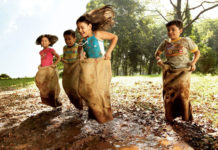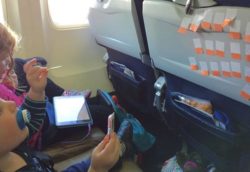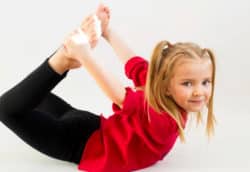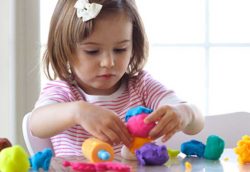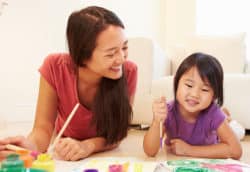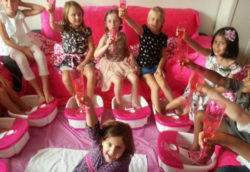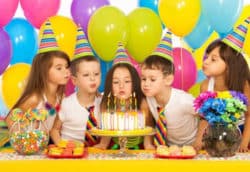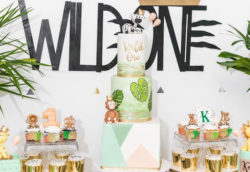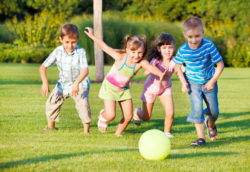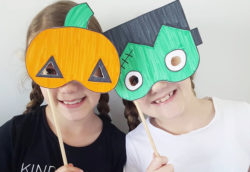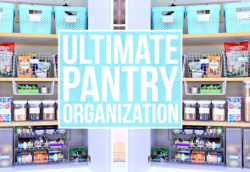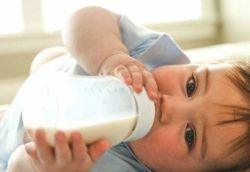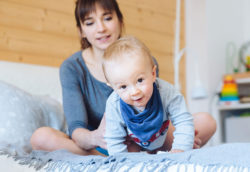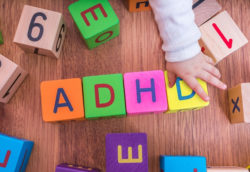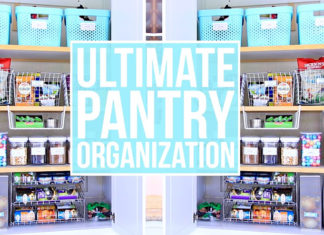When your infant or toddler plays, she is experiencing her own world and practicing new skills.
Cognitive development depends upon the child’s own pattern of development, the experiences of activities, and the opportunity for playing with toys and games. The kids learn to think and understand behavior.
A child develops their cognitive abilities, through sensory and motor experiences. Various cognitive development activities for toddlers can be found here.
Cognitive Development Activities For Toddlers

Your curious toddler is starting to remember where objects are when you hide them. He/she will develop new language skills and find ways to solve problems. They even imitate the everyday things that you do and concentrate on tasks for a long time.
You can boost the skills of your toddler with these best cognitive development activities.
1. Building Blocks

One of the best cognitive development activities for toddlers. This building blocks activity may seem simple but are actually complex when it comes to your child’s cognitive development.
Provide your toddler, with a chance to explore through his senses, and achieve spatial awareness abilities, the ability to be aware of oneself in a given space.
Your toddler will also have the benefit of increasing vocabulary and language development, develop problem-solving and math skills. He/she will attain perceptual and spatial abilities while learning about the three-dimensional geometric shapes, as they twist, turns and stacks the blocks.
Ask your child to name the shapes or tell you what he is building. You child is in the process of gaining new vocabulary skills.
2. Label Your Household Items
 Another one of the best cognitive development activities for toddlers. A very, easy and simple activity for your toddlers.
Another one of the best cognitive development activities for toddlers. A very, easy and simple activity for your toddlers.
All you have to do is, just pick one or two items to the label in your houses, such as the refrigerator, chairs or the windows. Make sure you change the labeled objects every few months. The kid should easily be able to identify, so use a basic font size and make labels of the same size. Then, type, print and cut out individual words, and use blue painter’s tape, to stick them to the objects.
Another option for this cognitive activity is, you can also glue the words to index cards and stick them to objects. Your toddler will know that everything has a set of common symbols to be written down and identified, by labeling. If your child is old enough to identify letters, show her an object and ask her with what letter the object starts with. Tell her to find the label that starts with that letter.
If he/she are too young, you can point out different letters and introduce her to the words. You child over the time will be able to identify the words independently if you teach them the concept daily.
3. Pretend Play

Your child will imitate real life situations, develops creativity and problem-solving skills through pretend play.
As a parent, you might have noticed your toddler enjoying, imitating your own actions. They may pretend to talk on a play phone just like his/her daddy and even stir a pot of delicious food, as mommy does.
Encourage your child, to explore an everyday scene in which he plays the role of a parent, or re-enacts what his teacher does at daycare. Give your toddler props and costumes or use a ready-made setup such as a play kitchen.
4. Puzzles and Shapes

Older kids, who are between 2 and 3 years old, begin to understand the relationships between two or more objects. These activities, help to build cognitive abilities of a toddler.
Cognitive development can be best bought in a child, with these simple puzzles, that only have a few large pieces. Prepare your own puzzles and shapes, with a piece of cardboard, and make matching shape cards. Let your toddler, sort the cards onto the correct matches.
5. Book Time with Toddlers
 Helping your toddler with books gives them the best chance to use their memory, develop literacy skills, and develop their use of language.
Helping your toddler with books gives them the best chance to use their memory, develop literacy skills, and develop their use of language.
Experts suggest, if your child is in between one and two years, try books with only a few words on each page. The touch and feel pages or pictures of children playing, bright colors, make them mesmerized and enthusiastic.
Older toddlers, between two and three years, may enjoy and benefit from books with simple stories; those that include the alphabet, counting subjects, or shapes; Rhymes. Involve your toddler in the reading experience, by asking them questions and pointing to the pictures with them as you say the words. Ask her to name the picture that she sees, as she develops her language skills. Develop his/her memory ability, by asking her to recall a few facts from each story.
6. Touch, Feel and Grasp

Infants and toddlers are learning through simple reflex activities, in the stage of cognitive development. Give your child, soft toys such as stuffed animals or rattles. These give an opportunity to the infants to touch, feel and use their grasping reflex.
7. Pin Up Pictures
Pinup Pictures is also one of the best cognitive development activities for toddlers. You can link the words and improve your child’s memory, by keeping pictures of friends and family in your child’s room.
On sticky notes, write down people’s names, that includes titles such as ‘uncle,’ ‘aunt’ ‘brother’ and ‘sister’. Put these sticky notes at the bottom of each photo. Help your child, by referring to the words, especially at family gatherings. When your child becomes much familiar with everyone, remove the sticky notes.
Also, read books about aunts and uncles, or brothers and sisters. Ask your child to identify each family member. Extend this activity by creating a family tree, with names and pictures of other family members, as your child grows up.
Hang this family tree in your home, as a piece of artwork!
8. Sing Vocabulary Words

Create funny tunes about rhyming words and counting to ten. Your child would love to hear you singing, easy, classic songs. Encourage your child, by singing in the car, during bath time or while playing at home. If you have an older kid, who is attending a pre-school, ask the teacher for the favorite songs of the class and recite them at home.
Your child will start learning through songs, as they recite numbers, letters, days of the week, and many as such.




